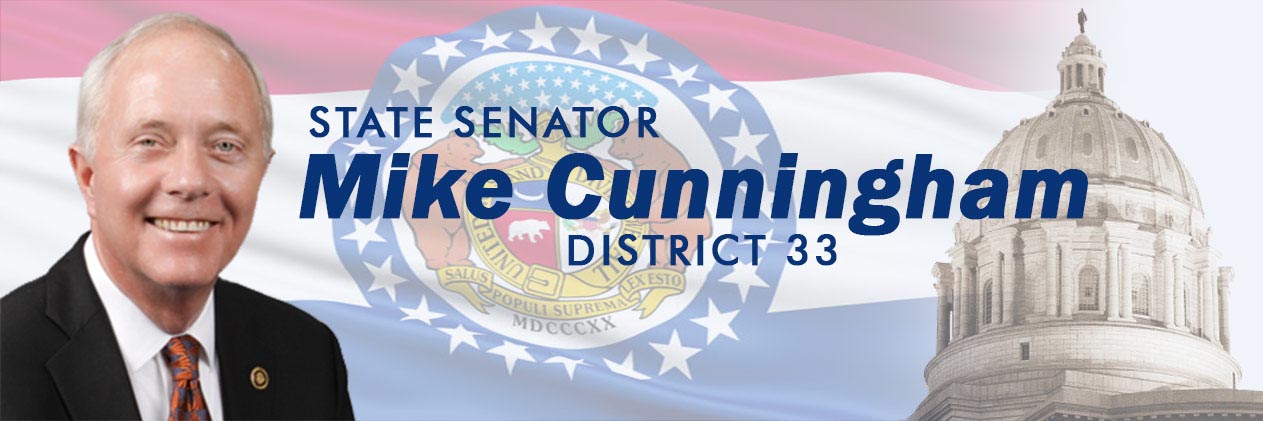
Legislative Column for Aug. 23, 2019
Early this year, as the 100th General Assembly convened in a joint session, the governor appeared before lawmakers and vowed to make workforce development the cornerstone of his administration. Attracting new jobs and creating an environment where existing employers could grow and thrive were key to the well-being and prosperity of all Missourians, he said. If recent events are any indication, the governor is succeeding in delivering on his promise.
Recently, the governor revealed that small-engine manufacturer Briggs & Stratton will expand its Popular Bluff manufacturing facility, investing $15 million and bringing 130 new jobs to southeast Missouri. The expansion represents a victory over neighboring Kentucky, which was also vying for the company’s favor. Missouri’s gain is Kentucky’s loss, as Briggs & Stratton will close a plant there.
The company credits the decision, in part, to $175,000 worth of incentives made possible through the Missouri One Start program, a package of jobs training assistance initiatives enacted during this year’s legislative session. The program will fund skills development for new and existing workers and help the company recruit and screen new employees.
The expansion was just the latest positive business development touted by Missouri’s governor, who has increasingly found himself the bearer of good news.
Just one day prior to the Briggs & Stratton announcement, agricultural commodities giant Bunge said it would relocate its global headquarters to St. Louis. Ranked 247 on the Fortune Global 500 list, Bunge already employs more than 500 people in the Chesterfield area. It’s unclear how many new employees the move will add to the St. Louis area, but about 180 work at the company’s current headquarters in New York. Worldwide, the $45 billion conglomerate employs 31,000 people.
In June, the governor traveled to Europe on an international trade mission where he visited with corporate leaders and touted Missouri’s business-friendly environment. Shortly after his return, German life-sciences powerhouse Bayer announced that it would add 500 positions in Creve Coeur, Missouri. Each of the new jobs is expected to pay, on average, more than $100,000 each year. Bayer, which acquired St. Louis-based Monsanto in 2016, already employs more than 4,000 people in Missouri, primarily in St. Louis and Kansas City. The company’s announced $160 million expansion was influenced by the promise of $27 million in state incentives.
Both the Bunge and Bayer announcements reflect Missouri’s growing reputation as a leader in agricultural technology. While the state has long been known for producing corn, soybeans, poultry, hogs and cattle, increasingly Missouri is home to the science of agriculture, with major research and development facilities here. In June, the U.S. Secretary of Agriculture announced that his agency would move two premier ag-science units to the Kansas City area. USDA’s Economic Research Service and the National Institute of Food and Agriculture are expected to relocate to the Midwest in the coming months. We don’t know yet which side of the Kansas-Missouri border will land the two agencies, but the influx of hundreds of highly paid professional jobs will surely benefit the entire region.
Missouri is on a roll. Manufacturers and high-tech firms alike are recognizing our state as a great place to do business. The economic incentives passed by the Legislature deserve some credit for the good news, but we owe praise to Missouri’s citizens as well. With a strong work ethic and a relentless desire to build a better life for themselves and their families, Missouri’s workers are a valuable asset for any company looking to grow its bottom line.
It is my great honor to represent the citizens of the 33rd Senatorial District. Although the Legislature has adjourned for 2019, I remain your senator throughout the year. If there’s anything that I can do to assist you, please feel free to contact my Capitol office at (573) 751-1882.
